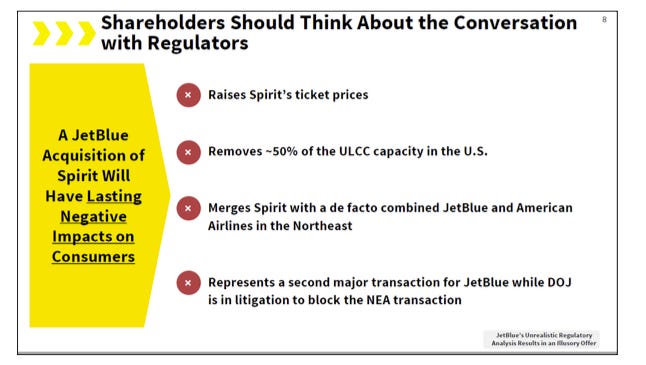(c) by Mark Dempsey
"What happened in this year’s election was not some kind of flowering of American fascism, but a rebellion against a hated, out-of-touch Democratic Party elite...The only thing the Democrats offered to working people was a recycled anti-Trump campaign....In my ten years of elected office in Seattle, as a socialist councilmember, the Democratic Party was at every stage an enemy of our movements. There are no Republicans on the Seattle City Council, so the Democrats alone carry the water for big business. I don’t mean Democrats were sometimes a hindrance. I mean they fought tooth and nail to either block everything we fought for or water it down — from the $15 minimum wage to our Amazon Tax on big business to our renters’ rights bills." - Kshama Shawant
I've read more than 75% of eligible voters did not vote for Trump, so his victory is hardly a mandate.
Harry Truman used to say there's nothing new under the sun, just history you don't know. The history of vulgarity and opportunism taking power is long but it also reminds us that the recent version of American vulgarity--Trump--is nothing new. Robert Caro's book in his multi-volume biography of Lyndon Baines Johnson (LBJ), Master of the Senate, discusses this at length.
According to prominent press accounts Trump is supposed to be something exceptional. But LBJ had multiple mistresses, conducted press interviews while seated on the toilet, and even stole the election for his Senate seat--see Caro's Means of Ascent for the election theft details. Colleagues in the Senate used to call LBJ "Landslide Lyndon" since he won that Texas Senate seat by a modest 72 votes even after stuffing ballot boxes.
The big difference between LBJ and Trump: LBJ grew up poor.
But, despite his bigotry and vulgarity, LBJ was a key player in getting Civil Rights legislation, Medicare, and the "War on Poverty" passed. These were striking departures from the right-wing impulse to crush labor and the poor. Will Trump surprise his detractors by, for example, making peace* in the Ukraine and Gaza? Who knows?
Sadly, LBJ's accomplishments were overshadowed by his escalation of the Vietnam War, one he didn't start. The Eisenhower administration sent military advisors in the 1950s and installed a government that kept the French colonial oligarchy in power, despite a peace treaty promising a plebiscite that Communist Ho Chi Minh would have won handily. Eisenhower did not allow the plebiscite.
Oddly, Vietnam was an American ally in WWII, but while Japan and Germany deposed their oligarchies and enjoyed blanket bankruptcies ("jubilees") for the population's obligation to the defeated elites, the US was unwilling to offer such a deal to Vietnam and defended the colonial oligarchy.
Besides the Democrats' fecklessness, one of the components of Trump's election victory is the population's aversion to continuing the Ukraine and Israel-Gaza wars. Angry comments online from peaceniks who are "fighting for peace" by refusing to vote for Harris are common. As George Carlin says, fighting for peace is like screwing for chastity.
The protests against the Vietnam War encouraged voters to elect Richard Nixon. While Noam Chomsky calls Nixon our last liberal president, his opponent, Hubert Humphrey, LBJ's vice president, was far more liberal. If Humphrey were elected then we would have a very different country now.
Among other things, Nixon initiated a coup in Chile and started the drug war and the massive increase in US incarceration that's currently five times the world per capita average. He also quashed the federal government's program to build affordable housing, contributing to the current homeless crisis.
In the Nixon/Humphrey presidential contest, some antiwar voters believed Nixon had a "secret" way to end the Vietnam War. His "secret," it turns out, was commiting war crimes like bombing Cambodia, but given LBJ's Vietnam policies, it's hardly surprising Nixon employed this brutish "secret."
I regret dismissing Humphrey as simply an apologist for a despised war. My immature self didn't understand that democracy requires compromise, even betrayal, and declarations of loyalty--like Humphrey not criticizing LBJ's war efforts--or it cannot work. The most recent election's loyalty displays included Bernie Sanders' efforts to help his Senate friend, Joe Biden, despite Sanders' rejection of Biden's support for Israel in Gaza.
Odds are Humphrey would have been less callous than war criminal Nixon. And the Nixon presidency was a disastrous turning point in American politics. Here, Humphrey would have made a difference I was too clueless to appreciate.
Finally, many people are now angry at Trump and his supporters--something that plays into the elite's divide and rule strategy. A genuine solution to our public policy problems is more likely to require setting aside anger, despair, and frustration, no matter how legitimate are those feelings. Sure, genuinely anti-oligarchy public policy needs passion, but just as much, it needs calm deliberation about how to address our current problems and prevent disasters.
---
*Scott Ritter--a former arms inspector and current critic of American foreign policy believes Trump's appointment of Tulsi Gabbard may signal the beginning of a less aggressive foreign policy.





